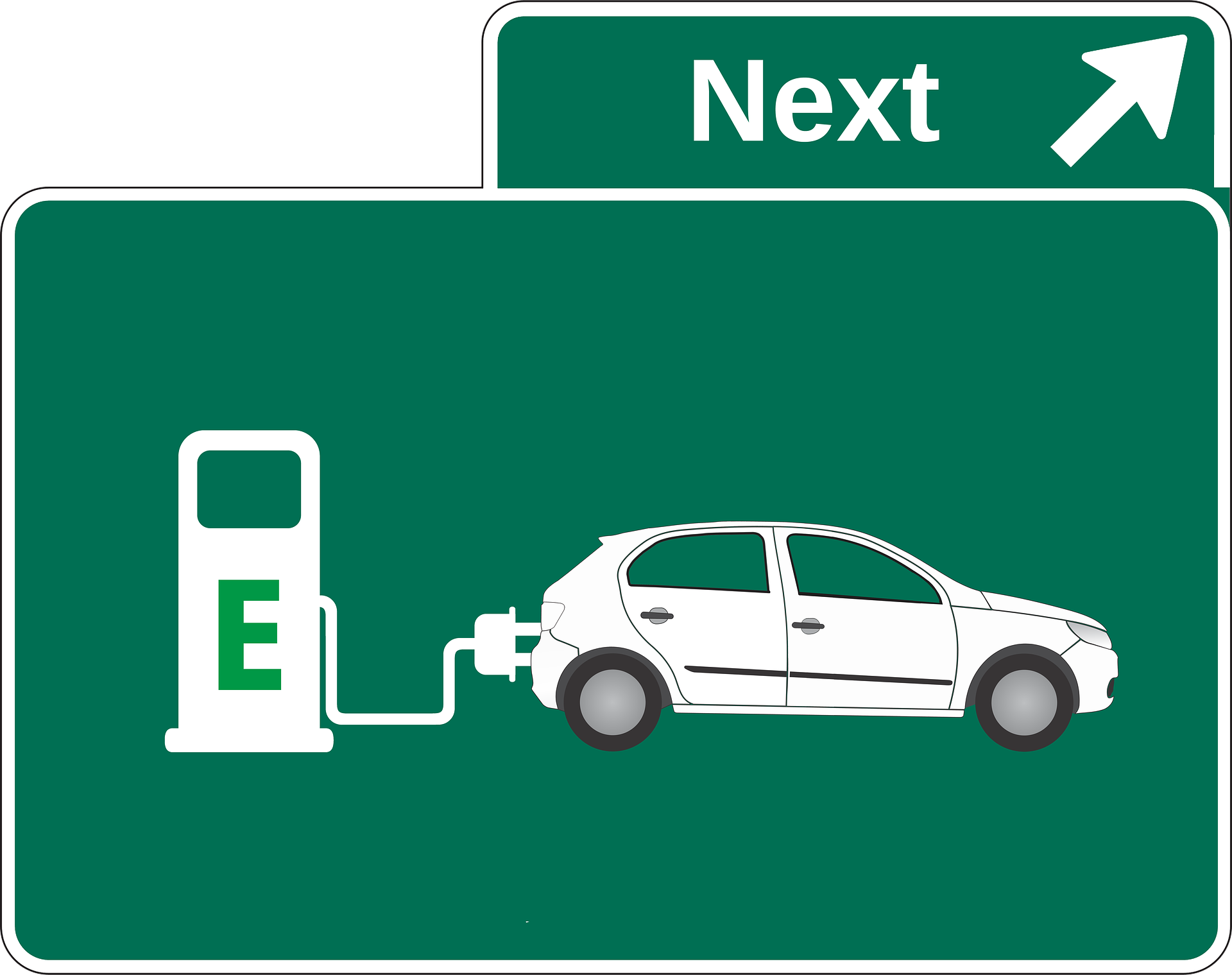A Which? car survey of 48,000 British motorists has indicated that electric vehicles may not be as reliable as previously thought. Electricity-powered cars are more likely to break down and spend longer undergoing repairs.
While only 19 per cent of petrol car owners and 29 per cent of diesel vehicle drivers reported they had a problem within the first four years of ownership, this figure jumps to 31 per cent among electric car owners. Faulty petrol cars spend an average of three days in the garage while diesel vehicles need an average of four, and electric cars five days for repairs.
The finding of this survey shatters the general perception that EVs are more dependable. In the UK, electric car sales are increasing annually with the sale of petrol and diesel cars to be phased out by 2030.
The RAC has said that the survey findings ought to be taken ‘with a pinch of salt’.
Which? urges EV manufacturers to ‘up their game’
Which? carries out an annual poll among 48,000 drivers to assess the reliability of different cars. Participants report on the car faults they experienced in the 12 months prior to the date of the survey. Although the poll now indicates that EVs are more fault-prone, the Kia e-Niro (post-2019) came out, not only, as the most reliable EV, but also as the most reliable compact SUV in any fuel category.
The survey also shows the high-priced Tesla to be the least reliable electric car with 39 per cent having one fault at least and five per cent of vehicles either breaking down or failing to start altogether within the first four years.
EV drivers of all types who did have trouble and needed repairs reported mostly software issues rather than battery or engine problems.
In a press statement, Which? has urged electric car manufacturers to address the issues surrounding the more ‘fault-prone’ vehicles stating that “manufacturers need to gain the trust of drivers to encourage them to switch towards more sustainable cars.”
Fully hybrid cars ranked highest in the Which? car survey for reliability. Only 17 per cent of owners experienced car trouble within the first four years of ownership.
Which? Home Products and Services Editor, Lisa Barber, said in a statement:
“We know that drivers are keen to make the move to more environmentally-friendly cars but it is vital that they are getting a quality product. Whilst it’s disappointing to see that EVs as a group are the least reliable, Kia’s e-Niro shows there is a significant opportunity for manufacturers to up their game and provide drivers with a reliable and more sustainable car.
“With EVs in particular, our research shows a premium price tag does not necessarily mean a reliable vehicle, so we would always encourage drivers to do their research ahead of such a significant purchase to see which cars and brands they can trust.”
Apart from calling on EV manufacturers to address possible software faults, Which? has also urged the government to improve and expand the existing quality of the charging infrastructure.
RAC plays down Which? car survey findings
The RAC’s head of technical, James Gibson, has played down the survey findings urging people to take them ‘with a pinch of salt’ and insisting the EVs are more dependable ‘in the long run’.
“There is no question there are fewer moving parts with electric cars which makes them more reliable than a petrol or diesel car in the long run, but it’s also the case that the software running them is more complex which has the potential to cause some issues.”
EV sales drive UK car industry recovery
While coronavirus hit the car industry hard, there are distinct signs of recovery now. This, to a large extent, is down to sales of electric vehicles. In January of this year, 23,480 electric cars were registered in the UK which is more than 90 per cent more than in January of 2021. According to the online publication InsideEVs, this brings the electric car market share up over 20 per cent.
Last year, over 300,000 electric vehicles were registered in the UK.




